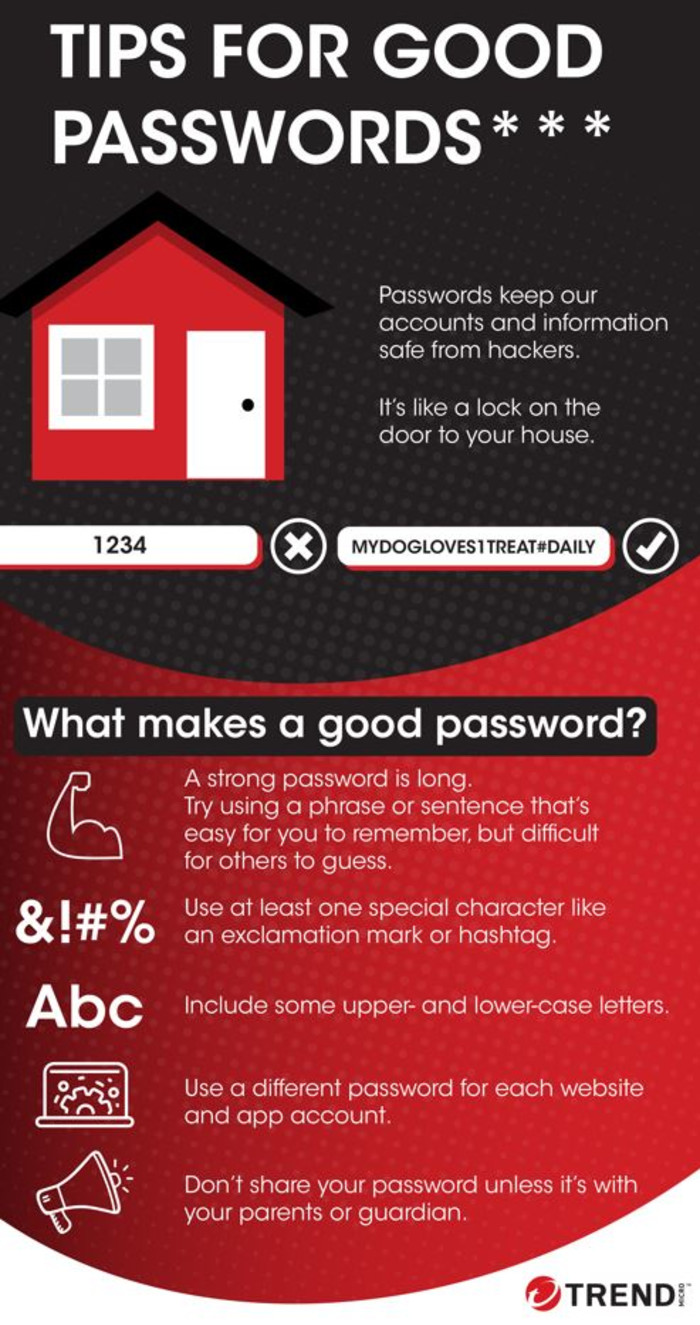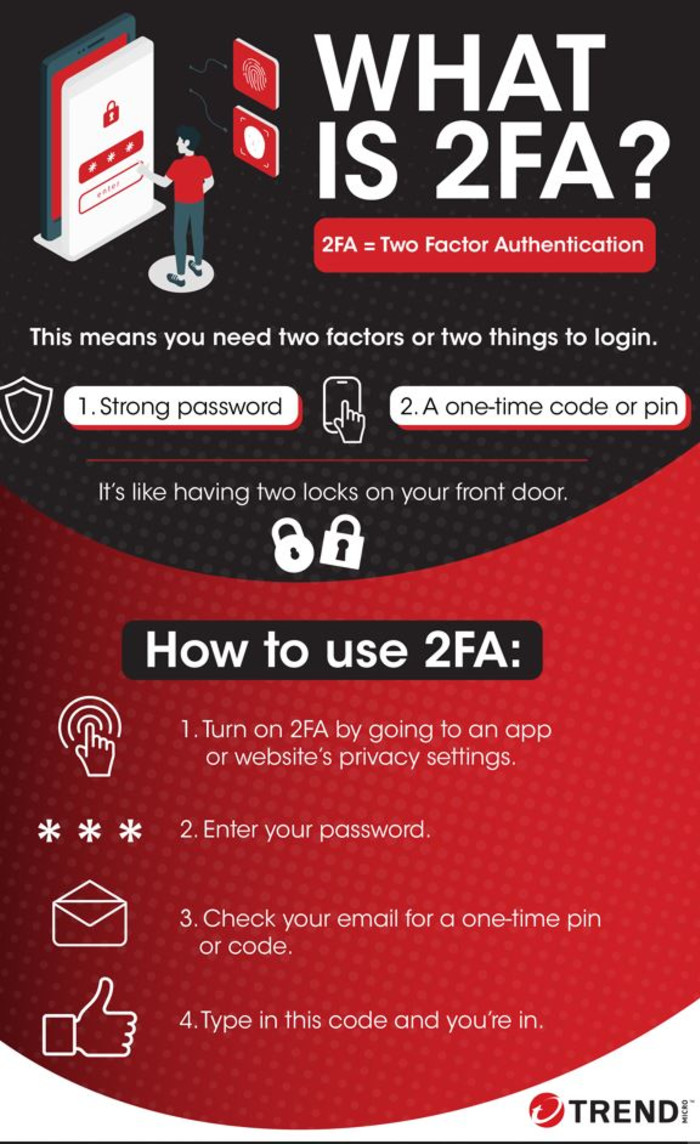Why it’s time to talk to our kids about internet safety
Most adults can remember a time before social media, cellphones, and the internet. These technological advancements are becoming a normal part of life for youngsters today.
Cybercriminals, including hackers, target adults and youngsters alike. Picture: Pixabay
JOHANNESBURG – In today’s technologically advanced world, many of us believe that our kids have a better understanding of it than we do.
What further complicates matters is that there are no hard-and-fast guidelines regarding the appropriate age to give your child a cellphone in the first place.
Most adults can remember a time before social media, cellphones, and the internet. These technological advancements are becoming a normal part of life for youngsters. The landline at home has been replaced by a smartphone, and social media platforms facilitate global communication.
Although these contemporary comforts are amazing, they have also brought forth fresh risks that are always present. Cybercriminals, including hackers, target adults and youngsters alike.
In 2021 and 2022, there was a 9% increase in this kind of child-generated images, according to the Internet Watch Foundation’s annual report.
The increasing prevalence of sextortion schemes, in which minors are forced or groomed to take and email pictures of themselves to strangers, has been the subject of recent news headlines. A will then be subjected to blackmail by the person on the other end, who will threaten to show the pictures to friends and relatives if money is not received.

It’s critical that today’s digital natives have the safety skills necessary to fend off fraudsters and be safe online in an era where everyone is online constantly.
TALK TO YOUR CHILDREN
Engaging in conversations with children about their internet usage is a smart place to start.
This will assist parents in comprehending the internet behaviors of their kids. Talks may revolve around appropriate language, behavior, or internet conduct. Putting up your own billboard for public viewing on the side of a busy highway is made incredibly simple by social media.
Children, and users at large, should be urged to pause and consider their actions before clicking “post” on a status update or photo upload, in order to avoid accidentally sharing private information with strangers, or making comments they may later come to regret.
Hackers of social media profiles have been found to build phony but believable fake accounts. Check with the person when you next see or speak with them before accepting the invitation. It’s a simple extra step that can have a big impact on preventing scammers and hackers.

PRACTICE SAFE INTERNET USE
Learning about various online safety practices is something that is never too early. With training and polite reminders to perform that system update, most organisations attempt to instill this in their own staff members.
Using two-factor authentication increases security even further. Two-factor authentication is available in many games, apps, and websites’ security settings.
After it’s activated, you’ll receive an email or SMS with a one-time pin that you must enter after entering your password. This makes sure that even if a hacker manages to get your password, they won’t be able to access your account on the website or app because they’ll need to have access to your phone in order to receive the SMS or your email in order to get the code.
The internet is now accessible on several devices at once, rather than being limited to a family computer in the home office, making it even more challenging to monitor all internet activity.
For all the latest lifestyle News Click Here

